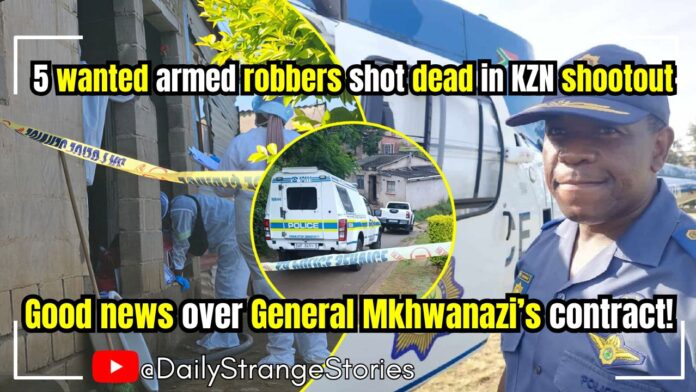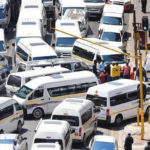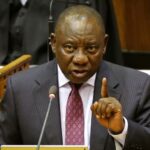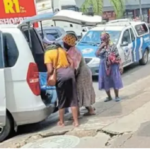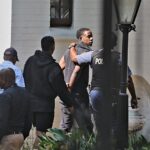In the early hours of Thursday, January 8, 2026, a dramatic confrontation unfolded in Inanda, north of Durban, involving General Mkhwanazi's police officers and five wanted suspects. This operation highlights the ongoing efforts to address serious crime in KwaZulu-Natal. The suspects, wanted for grave offences including murder and house robberies, were fatally wounded in a shootout after evading capture since November 2025. Colonel Robert Netshiunda confirmed the details, emphasising the extensive search for these individuals.
This event is part of a broader campaign against crime led by Lieutenant General Nhlanhla Mkhwanazi, known for his zero-tolerance approach. KZN Premier Thami Ntuli has endorsed him for a second term, underscoring the impact of his leadership. The day before, another operation in Amaoti resulted in the deaths of two suspects wanted in connection with a shooting in Ezimangweni. Five other suspects were arrested in that case.
On Monday, January 5, 2026, a raid in Uvongo led to the deaths of Mlondi Zithumane Gasela, a taxi boss, and his security guard. Conflicting accounts emerged, with Mlondi Gasela's brother, Banele Gasela, alleging that his brother pleaded for his life in front of his children. The Independent Police Investigative Directorate (IPID), through spokesperson Phaladi Shuping, is investigating this incident.
Inanda, identified as a crime-affected area, has seen significant police activity, reflecting efforts to reclaim communities from criminal syndicates. The recovery of unlicensed firearms, including AK-47s, underscores the serious threat posed by organised groups. These operations aim to proactively disrupt criminal activities through intelligence gathering and rapid response units.
The impact extends beyond arrests, sending a message that criminal activities will not be tolerated. These actions aim to restore hope and security to communities. The police's ability to respond effectively in dangerous situations highlights their training and courage. The IPID's involvement in investigations ensures accountability and maintains public trust.
The fight against crime in KwaZulu-Natal requires a combination of proactive policing, community engagement, and robust investigations. Addressing socio-economic factors is also essential for achieving sustainable peace and security. The ongoing efforts by the police are a vital component of this struggle.
What are your thoughts on the intensified efforts by the police to combat crime in KwaZulu-Natal, and what more do you believe can be done to ensure the safety and security of our communities?
#SouthAfricaNews, #KZNNews, #DurbanNews, #Inanda, #NhlanhlaMkhwanazi, #CrimeUpdate, #PoliceOperation, #SouthAfricaLatestNews, #BreakingNews, #Documentary

Follow Us on Twitter

